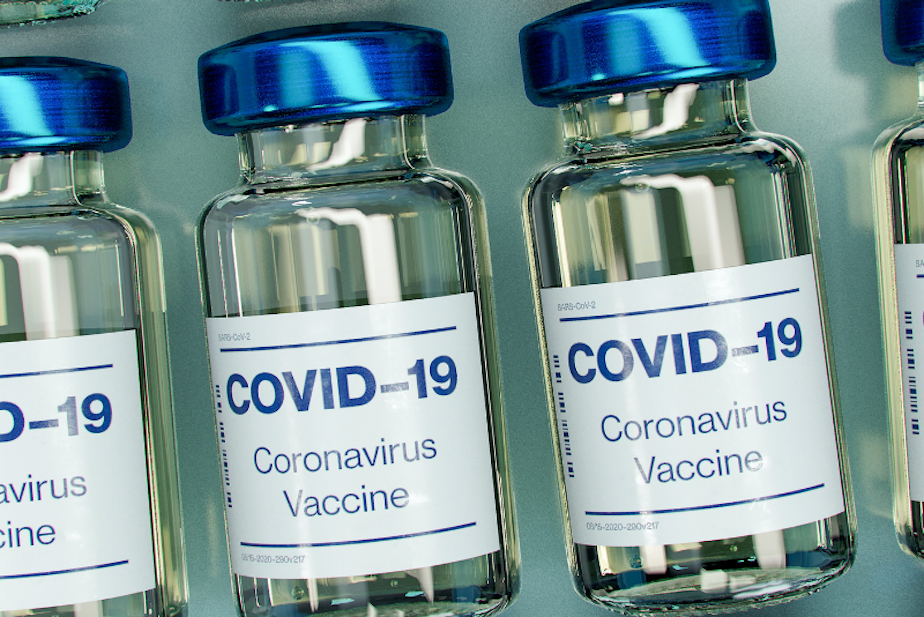Do doctors have a right to free speech, even when it includes spreading misinformation?

John Stockton is a basketball legend. He’s the all-time NBA leader in assists, feeding passes to Jazz teammates like Karl Malone. Their partnership is still revered by super-fans of a certain age.
Now, Stockton is assisting another group of people: doctors who felt persecuted by Washington state’s Covid speech policies.
The Hall of Fame point guard and Spokane resident filed a lawsuit last week against the state Attorney General’s Office. The purpose of the lawsuit, according to the filing, "is to protect the right of physicians to speak, and the right of the public to hear their message.”
Stockton has shown interest in challenging mainstream Covid narratives for a while, says Alayna Shulman, an editor at the Spokesman Review who reported on the lawsuit.
Shulman says Stockton's attorney told her this case is about speech.
Sponsored
"They say it's not even about whether it is the right speech. It's just about whether they can say it — whether it's protected, basically."
Three doctors are also listed as plaintiffs, including Dr. Richard Eggleston. He faced unprofessional conduct charges from the Washington Medical Commission after he wrote opinion pieces appearing in the Lewiston (Idaho) Tribune, which readers reported to the commission. Eggleston's op-eds questioned the existence of Covid-19 and promoted the use of Ivermectin to treat it.
All doctors among the plaintiffs — Eggleston, Dr. Daniel Moynihan, and Dr. Thomas Siler — say they've experienced sanctions over public statements they made about Covid-19.
The lawsuit also leaves space for up to 50 anonymous plaintiffs. Shulman says that number was based on the state's estimate that approximately 50 doctors in Washington could have faced similar warnings or sanctions.
A nonprofit called the Children's Health Defense is also listed as a plaintiff.
Sponsored
Joseph Tomain, a Senior Lecturer at the Maurer School of Law at Indiana University Bloomington and an expert in free speech rights, says the case has a reasonable argument.
"This case that we're talking about today deals with public statements," Tomain says. "I think the plaintiffs have legitimate arguments that the state may be overreaching by regulating their public statements, as opposed to their statements made during treatment."
Providing bad or dangerous medical information to a patient while acting as their provider, Tomain says, is something courts have said can be regulated by the state.
Tomain says there are competing interests at work: the desire for accurate information, and the right to freedom of expression.
"I think that from my perspective, regardless of what one thinks about the Covid-19 discussions that we're having here, we should always be wary when the government wants to regulate public speech," he says.





